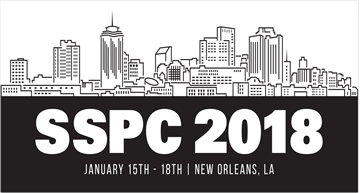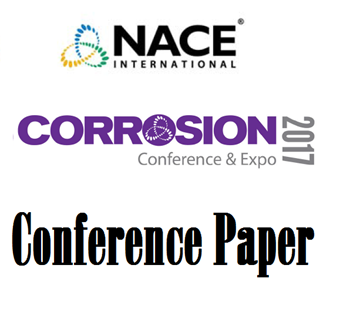Search
Aluminum Corrosion & Corrosion Prevention in a Seacoast Atmospheric Environment
Also Purchased
Application and Evaluation of Coatings Over Hot-Dipped Galvanizing
Product Number:
41215-938-SG
Publication Date:
2015
$20.00
Atmospheric Corrosion Resistance of Duplex Stainless Steels
Product Number:
51317--8880-SG
ISBN:
8880 2017 CP
Publication Date:
2017
$20.00




